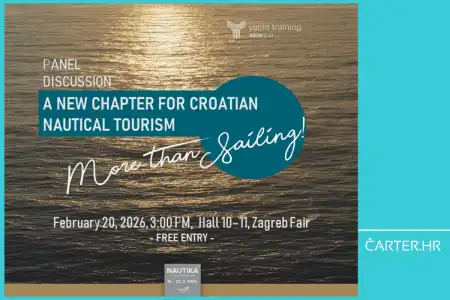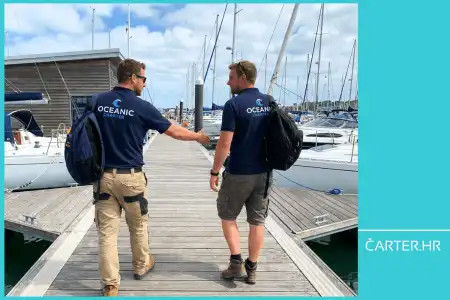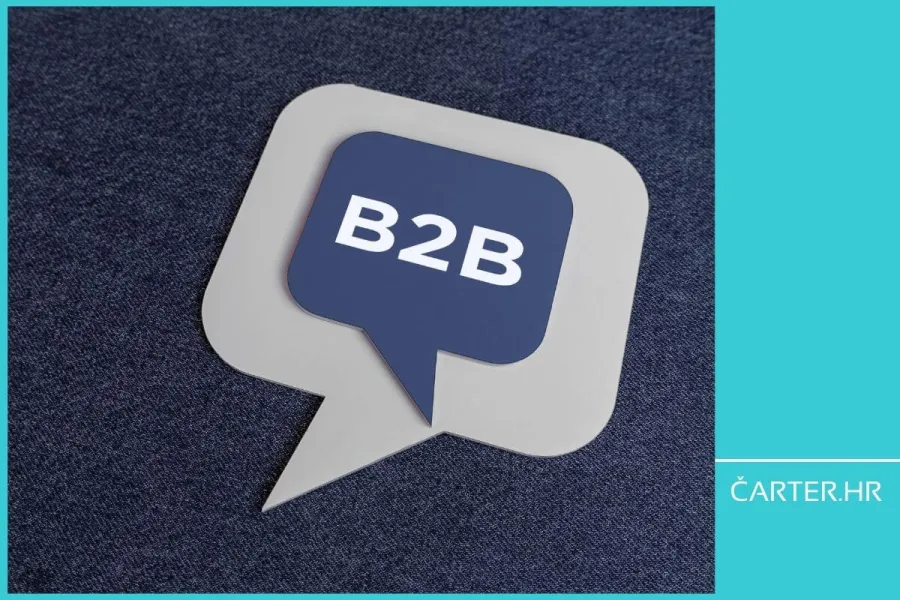
- 12.08.2025.
- News, Management
The yacht charter industry operates under similar rules: familiar names, commissions, trade fairs, and offers. But if you're in the same loop, you know that's no longer enough. Today, agents expect much more than a price list and availability. In her new article, Selma Ćubara delivers a practical guide on how to set up serious B2B marketing in yacht charter, attract valuable agents – and keep them.
In the yacht charter industry, the sentence “Agents are our most important channel” is often heard. And most of the time, it's true. However, just as often, companies remain stuck in that same channel, surrounded by familiar names, repeating the same patterns year after year.
If you want your offer to become the first choice for agents and their clients, not just in your domestic market but in new ones as well, you need to look at B2B marketing from a broader perspective. It doesn’t start with a price list, nor end with a trade fair. B2B marketing is a bridge connecting you, the agent, and – most importantly – the guest.
What do agents really want to know?
When you hear that an agent is asking for “good terms,” it usually refers to commission and flexibility. But experienced agents, especially those working with high-paying guests, ask for much more:
- How do you respond when a guest requests something at the last minute?
- Do you have a support network on-site in case of technical issues?
- What do you offer that the competition can’t copy?
- Will guests feel safe, welcome, and supported with you?
These are questions born out of an agent’s everyday reality. Their job doesn’t end when the guest books – that’s when it truly begins. Their reputation, and often their client relationships, depend on the experience that the guest has on your vessel. If problems aren’t resolved quickly, if communication is unclear, if no one knows who the contact person is – the agent is the one who takes the blame. That’s why they choose partners who can deliver what they promise, even when things don’t go perfectly.
In practice, it doesn’t have to be anything spectacular – the guest might remember more that someone welcomed them with clear information than that the boat had a satellite antenna. Agents notice these details because they know guests definitely do.
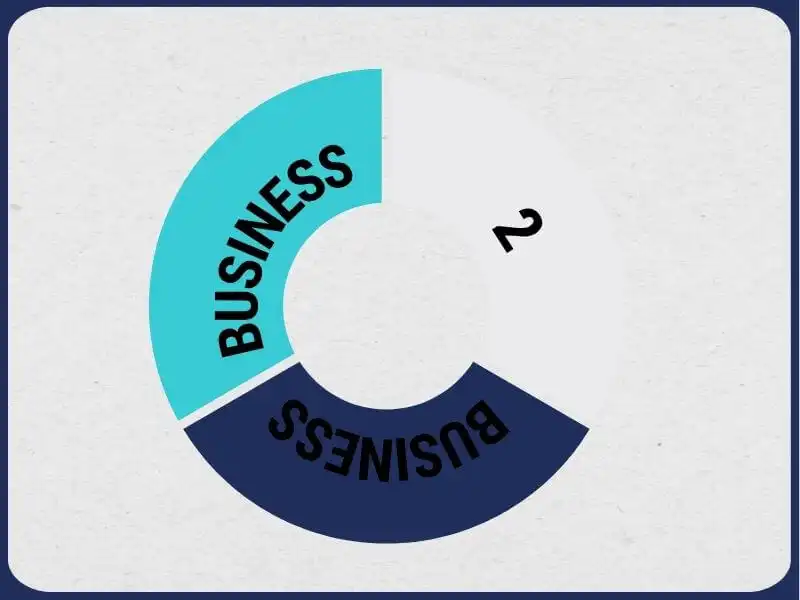
Where B2B marketing begins (and where most yacht charters stop)
Common approaches to B2B marketing in yacht charter include: sending price lists and offers, occasional discount emails, attending a trade fair because “everyone goes.” The problem is that this is often where marketing ends. Many companies act reactively rather than strategically, waiting for someone to ask for an offer instead of building interest and trust themselves.
True B2B marketing starts earlier – with clear positioning.
If you can’t say why an agent from Germany, France, or Slovakia should work with you, they won’t figure it out from your brochure. And they won’t be able to explain it to their client.
B2B marketing also includes preparing professional materials, not just pretty pictures, but content that helps agents sell your service. Detailed descriptions, up-to-date brochures, visuals that convey the feel of the experience, presentations that agents can forward to clients.
It also means setting clear communication rules. Who is the contact person for which situation? What are the response deadlines? What does the problem-solving process look like at the destination? All of this should exist in written form, not just be assumed.
Quality agents recognize a serious approach. They don’t expect perfection, but they do want reliability and a willingness to collaborate.
The most common mistakes in B2B approach and how to avoid them
Mistakes repeat – regardless of fleet size or years in business. Some result from inertia, some from lack of time, some from inadequate staff, but most can be avoided by changing the approach.
1. Passivity at trade fairs.
Presence without preparation, without scheduled meetings, without targeted materials, without a follow-up plan, means you were seen, but not remembered.
How to avoid it:
Contact partners before the fair, schedule meetings, prepare tailored materials and send them in advance. Spark partners’ curiosity about what’s new in your yacht charter. Make the agent genuinely look forward to talking to you about the new season.
2. The same for everyone.
One newsletter for all agents, without personalization, without context. Usually includes prices and availability, without added value.
How to avoid it:
Segment agents by market and client type. Write from their perspective, offer information that makes their job easier.
3. Insufficiently equipped with materials.
A PDF with basic prices and technical data is not a partner tool. Agents need content they can forward to clients immediately.
How to avoid it:
Create a digital partner package: high-quality photos, links, brochures, FAQs, guest reviews, description of cooperation terms. But not the ‘copy-paste terms’ that agents receive from almost every yacht charter. Write how you operate, what is acceptable, what is not, what you expect from them as a partner and what you offer in return. Show where you’re flexible and where you won’t deviate from the terms. Be transparent about commission calculation and payment, so that agents are not caught off guard because you happen to operate differently from most yacht charters.
4. Lack of support after booking.
Collaboration with the agent doesn’t end with the booking. If the guest has a problem, what matters is how you respond – quickly, clearly, effectively.
How to avoid it:
Assign a person responsible for supporting agents and guests. A quick response often determines whether the agent/guest will return.
5. Communication that comes down to price.
If your main argument is “we’re cheaper,” you’ll have a hard time keeping the attention of serious agents in the long run.
How to avoid it:
Communicate what you truly offer – availability, safety, flexibility, additional benefits for the guest. That’s what agents can confidently pass on to their clients.
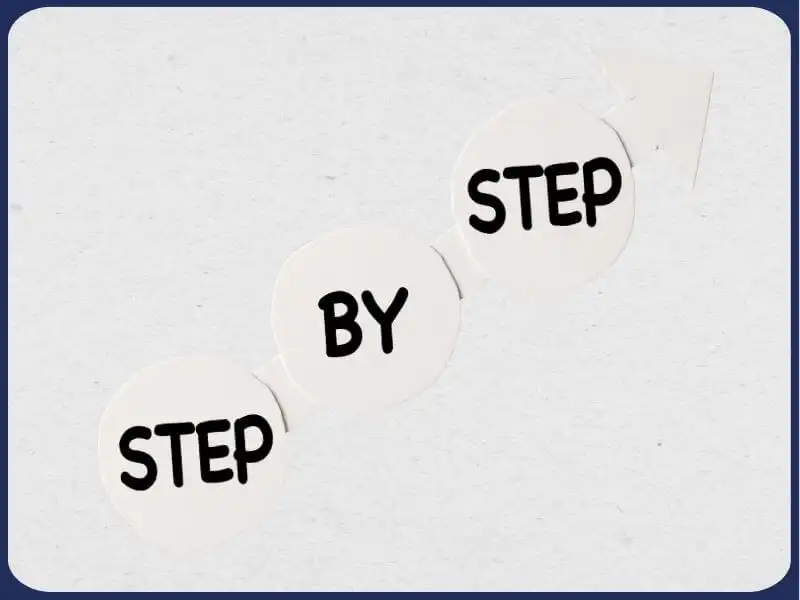
Five steps to attract new agents and markets
- Position yourself as a partner, not just another yacht charter. Clearly state why working with you is valuable and reliable.
- Prepare materials that make the agent’s job easier. Brochures, visuals, information – all accessible and easy to navigate.
- Make use of specialized trade fairs (ICE, CCE Biograd, nautical fairs…). They gather professionals who know what they’re looking for. Preparation and follow-up make the difference.
- Introduce support for agents and guests during their stay. That is the strongest argument for loyalty.
- Connect marketing and sales. Marketing builds visibility, opens doors. Sales closes the deal. When they work together, results follow.
Why is now the right time?
While the season is still ongoing, you have the opportunity to collect valuable materials, content, photos, and guest experiences that will serve you in winter presentations and campaigns. And autumn brings important trade fairs.
The question is whether you’ll arrive at ICE or B2B Charter Biograd with the same stories as last year or use them for real progress.
If you want your marketing to truly support your sales this year and help you open new markets, get in touch. No obligation, just concrete ideas you can apply immediately.
Categories of trends
- News
- Sale
- Marketing
- SEO
- Web design
- Social media
- Technology
- Regulations
- Management
- Education
- Finances
- User experience
Newsletter
Sign up for the newsletter and receive the latest trends and tips straight to your inbox



